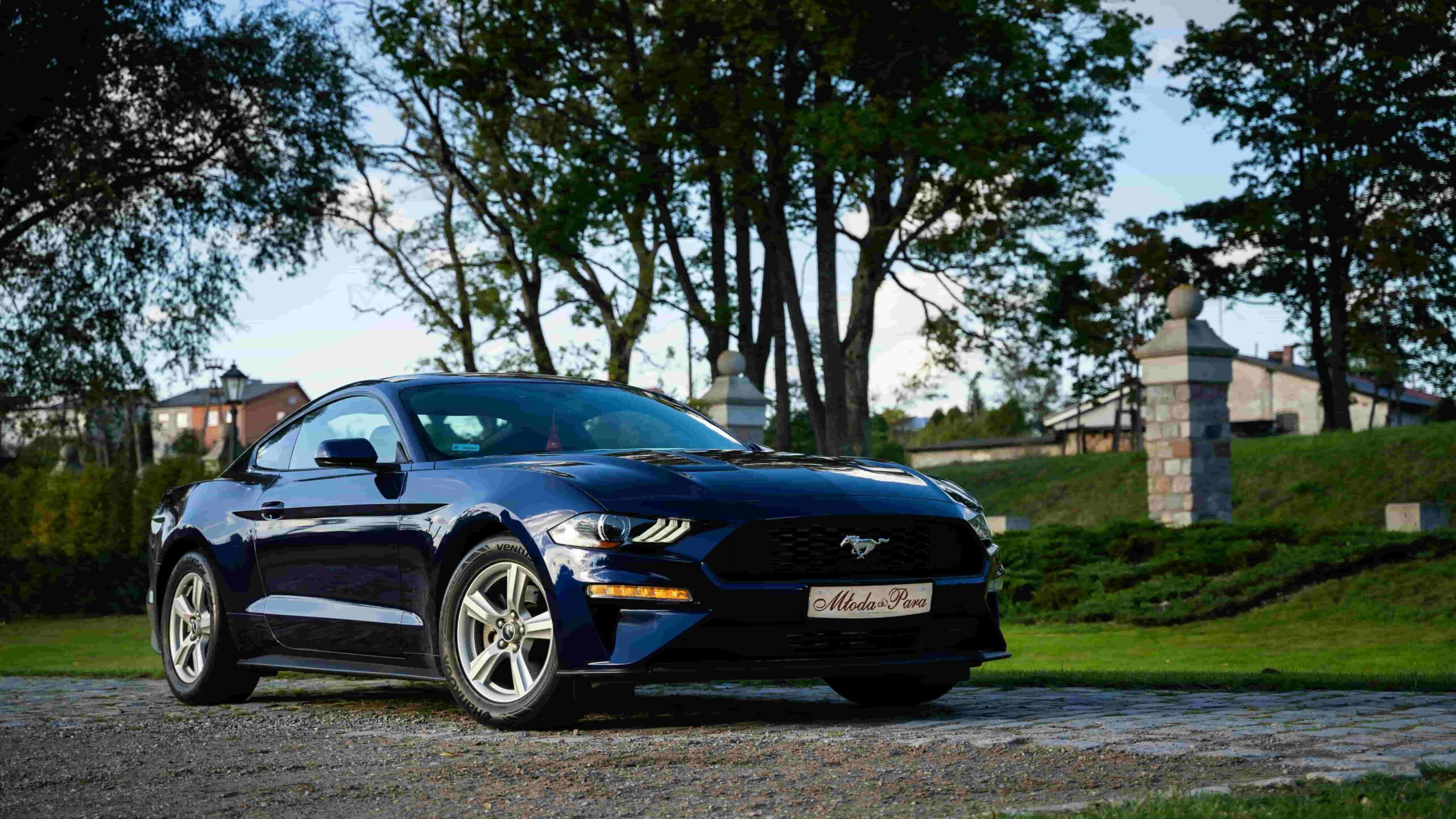Introduction
Imagine cruising down the highway, the engine purring beneath you, as the world blurs by. The car’s interior feels like a five-star hotel suite, every detail meticulously crafted for comfort and style. Now, picture another scenario where you grip the steering wheel, feeling the raw power and unmatched precision of a machine built for speed and agility. Both experiences are exhilarating but cater to different appetites – one for luxury, the other for performance. This blog aims to dissect these two exciting worlds, comparing high-end luxury cars with their performance-oriented counterparts. Whether you’re an avid car enthusiast, a potential luxury car buyer, or someone who relishes the thrill of performance vehicles, this post will offer valuable insights and help you decide which car might be perfect for you.
Defining Luxury and Performance in the Car Industry
Before we dive into the specifics, it’s essential to understand what sets luxury cars apart from performance cars. Luxury cars focus on providing an opulent experience through premium materials, cutting-edge technology, and superior comfort. These are the cars you see in the driveways of mansions and featured in glossy magazines.
On the other hand, performance cars are engineered for speed, agility, and driving pleasure. These vehicles often come with powerful engines, advanced suspension systems, and state-of-the-art aerodynamics to ensure they deliver an exhilarating driving experience. While luxury cars prioritize comfort and elegance, performance cars focus on sheer driving dynamics.
Understanding these key differences helps clarify the unique advantages each type of car offers, setting the stage for a deeper comparison.
The Appeal of Luxury Cars
Luxury cars have always held a certain allure, symbolizing status, success, and sophistication. One of the most compelling aspects of luxury vehicles is their association with prestigious brands. Names like Rolls-Royce, Bentley, and Mercedes-Benz instantly evoke a sense of grandeur and exclusivity that few other brands can match.
High-end features and comfort are also significant selling points. From hand-stitched leather seats to advanced infotainment systems, luxury cars are designed to pamper their occupants. Enhanced soundproofing, adaptive cruise control, and massage seats are just a few examples of the amenities that make luxury cars stand out.
Lastly, luxury cars often come with a host of customizable options, allowing buyers to tailor the vehicle to their tastes. Whether it’s a bespoke interior or a unique paint job, the personalization possibilities are nearly endless, making each car a unique masterpiece.
The Thrill of Performance Cars
If luxury cars are the epitome of comfort and style, performance cars represent the pinnacle of driving excitement. The thrill begins with the engine. Performance vehicles boast powerful engines capable of delivering jaw-dropping acceleration and top speeds. Brands like Ferrari, Porsche, and Lamborghini are synonymous with this kind of high-octane excitement.
Advanced technology also plays a crucial role. Performance cars are equipped with cutting-edge features such as launch control, advanced traction systems, and adaptive suspension, all designed to enhance driving dynamics. These technologies ensure that the car performs optimally, whether you’re on a racetrack or navigating twisty mountain roads.
The driving experience itself is unparalleled. The precise handling, quick response times, and the visceral thrill of controlling a high-powered machine make performance cars a dream for any driving enthusiast. Every drive becomes an adventure, filled with excitement and adrenaline.
Price Points and Market Segmentation
When it comes to price, both luxury and performance cars occupy the higher end of the market, but there are distinctions worth noting. Luxury cars often come with a hefty price tag due to their premium materials and high-end features. The cost of customization can also add up quickly, making these cars a significant investment.
Performance cars, while also expensive, often offer varying levels of affordability based on the model. Entry-level performance cars might be accessible to more buyers, while top-tier models can rival or exceed the price of luxury vehicles. Market segmentation plays a key role here, with luxury cars often targeting affluent individuals who prioritize comfort and brand prestige, while performance cars attract driving enthusiasts who crave speed and agility.
Understanding these price points and market segments can help potential buyers make informed decisions based on their needs and budget.
Comparing Key Models
To illustrate the differences and similarities between luxury and performance cars, let’s look at some standout models from each category.
Luxury Models
- Rolls-Royce Phantom
- Known for its opulence and attention to detail, the Rolls-Royce Phantom offers unparalleled luxury. With features like a starlight headliner and rear-seat entertainment, it’s designed to provide the ultimate comfort.
- Mercedes-Benz S-Class
- Often considered the benchmark for luxury sedans, the S-Class combines advanced technology with exquisite materials. Features like massage seats and a Burmester sound system set it apart.
- Bentley Continental GT
- A blend of performance and luxury, the Continental GT offers a powerful engine paired with a luxurious interior, making it perfect for long, comfortable drives.
- Performance Models
- Ferrari 488 GTB
- With its twin-turbo V8 engine and razor-sharp handling, the Ferrari 488 GTB is a performance powerhouse. It’s built for speed and offers an exhilarating driving experience.
- Porsche 911 Turbo S
- Known for its precise handling and powerful engine, the 911 Turbo S is a favorite among driving enthusiasts. Its advanced technology ensures it performs optimally in various driving conditions.
- Lamborghini Huracan
- The Huracan combines aggressive styling with a naturally aspirated V10 engine, offering a thrilling driving experience. Its advanced aerodynamics and lightweight construction make it a performance marvel.
The Future of High-End Cars
The automotive industry is constantly evolving, and high-end cars are no exception. One of the most significant trends is the shift towards electrification. Companies like Tesla have already made a mark with their high-performance electric vehicles, and traditional luxury and performance brands are following suit.
Autonomous driving technology is another area of innovation. While luxury cars are likely to adopt this technology to enhance comfort and convenience, performance cars may use it to improve safety and driving dynamics. Imagine a car that can optimize its performance settings based on real-time data and driving conditions.
Sustainability is also becoming a priority. Brands are increasingly focusing on eco-friendly materials and manufacturing processes, ensuring that high-end cars can be luxurious and environmentally responsible.
Conclusion
In the end, the choice between a luxury car and a performance car comes down to individual preferences and priorities. Luxury cars offer unparalleled comfort, prestigious brand associations, and a host of high-end features. Performance cars, on the other hand, deliver an exhilarating driving experience, advanced technology, and unmatched speed and agility.
Both types of cars have their unique appeal, and the best choice depends on what you value most in a vehicle. Whether you’re drawn to the opulence of a Rolls-Royce or the thrilling performance of a Ferrari, high-end cars offer something for everyone.
Ready to explore more about luxury and performance cars? Stay tuned for our upcoming articles, where we’ll dive deeper into specific models, technological advancements, and the future of the automotive industry.

